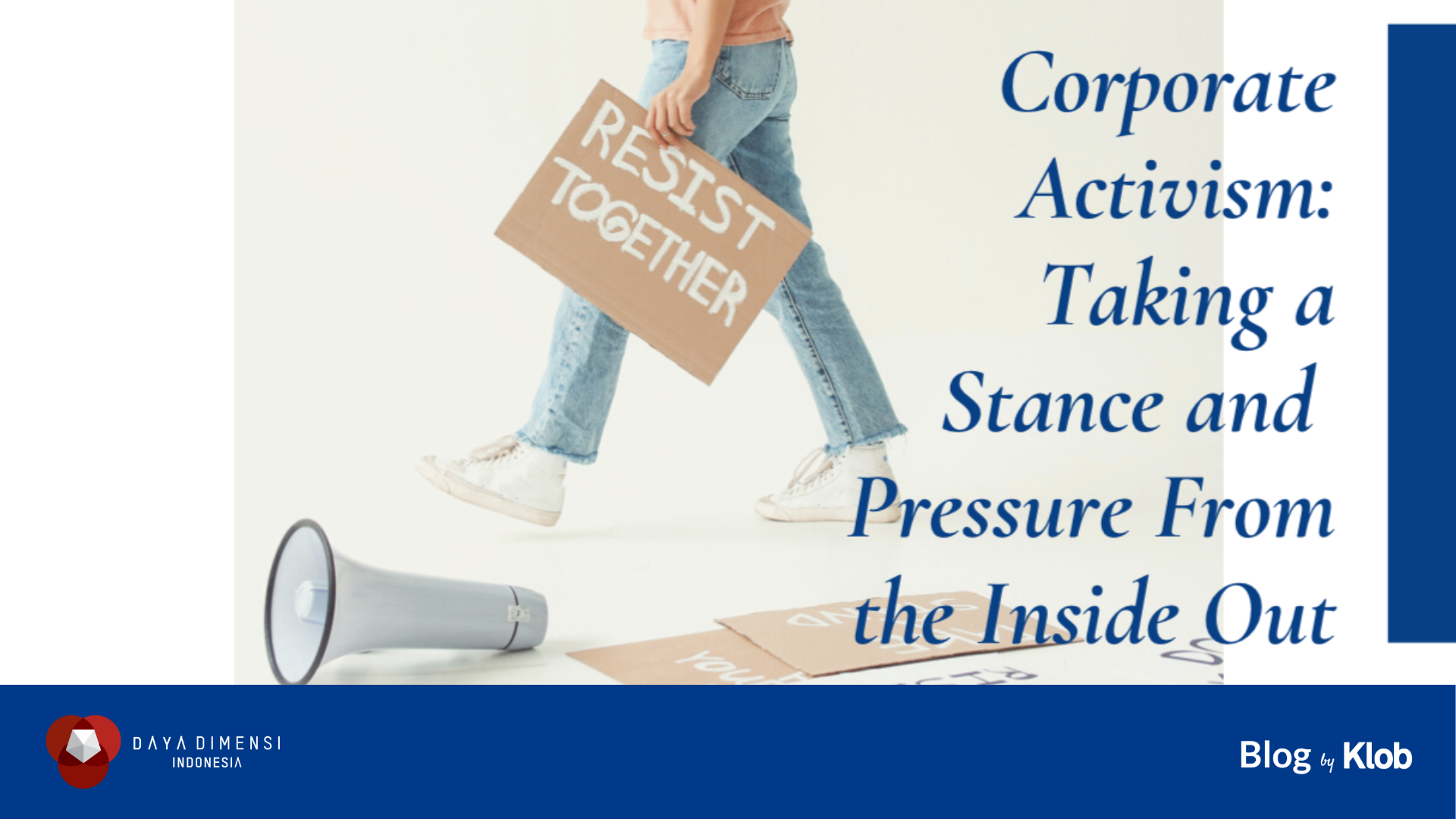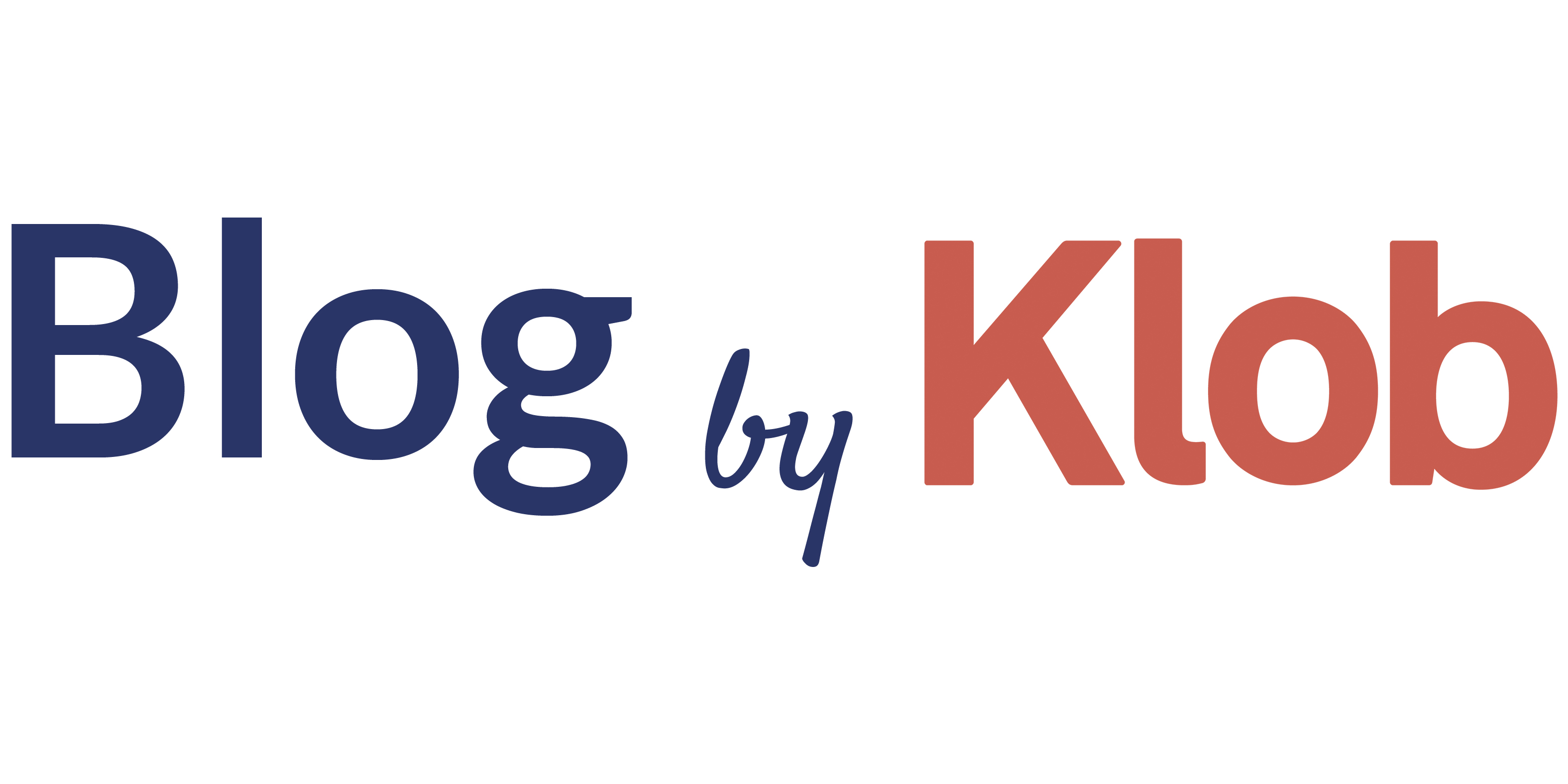
Corporate Activism: Taking a Stance
Corporate Activism: Taking a Stance and Pressure From the Inside Out

In recent times, many companies have taken a stance on a variety of issues, whether by releasing public statements or taking certain actions to show their stance and support on emerging issues. This phenomenon is majorly caused by the increasing demand for companies to take a stand on social and political issues. According to Stanley (2020), consumers and society want brands to engage in socio-political issues and choose brands with values and behaviors they trust. The Edelman Trust Barometer (2021) reported that 64% of consumers choose, switch, avoid or boycott a brand based on its stand on societal issues. For example, Starbucks faced a boycott and was heavily criticized in 2020 after publicly announcing that they supported the Black Lives Matter movement but later banned their employees from wearing Black Lives Matter t-shirts and accessories. In response to the boycott and criticism, Starbucks immediately lifted the ban days after and even said that it would design and distribute t-shirts that feature Black Lives Matter protest picket signs.
As demonstrated above, the call for boycotts of Starbucks and many other similar damaging actions had led more and more companies to decide to be more active in voicing out their stance on certain issues and engaging in what people call corporate activism. Corporate activism is defined as a company’s willingness to take a stand on social, political, economic, and environmental issues to create societal change by influencing the attitudes and behaviors of actors in its institutional environment (Eilert and Cherup, 2020). It reflects a strong, public stance on an issue that the company defends even in the wake of criticism, and also addresses a social demand which expects companies to play an active role in society beyond profit maximization (Hoppner & Vadakkepatt, 2019).
However, customers are not the only factors that led companies to willingly take a stand on socio- political issues, as more and more employees are demanding their employees act on recent issues. According to Harvard Business Review, employee activism is on the rise and they even expected it to become a defining feature of the workplace in the coming years. However, in this day and age, employee activism is not only about wages and working conditions because current employees understand the impact that their employers have on society and they expect their employers to be good corporate citizens (Reddock-Wright, 2021).
Recently, The Edelman Trust Barometer (2021) reported that the rise of employee activism is considered to be caused by the emergence of belief- driven employees, as it recorded that about 61% of employees choose, leave, avoid or consider employers based on their values and beliefs. It also reported that although anxiety about job losses remains high at 78%, one in five workers surveyed had either left their previous jobs or were planning to do so. Those moving on are driven by their beliefs and values more than considerations such as pay, benefits, or career advancement. About 34% of employees left their job at an organization solely because it remained silent on socio-political issues.
From this report, it is indicated that employees are refusing to work for companies with a different stance on social issues or in industries they consider immoral. Alongside beliefs and values, there is also a strong emphasis on personal empowerment, such as the ability to provide input into the business. This reflects a decisive power shift towards employees, with 60% saying that employees in their organization have more power to effect change now than before the pandemic. According to Reitz et al. (2021), talented employees are increasingly poised to wrest power from management and the consumers are ready to support the employees and take their business elsewhere. A little while back, LGBTQ employees of Pixar stated in a letter that they were “disappointed, hurt, afraid, and angry” due to the company’s stance on Florida’s controversial bill restricting classroom instruction on sexual orientation and gender identity. These employees later demanded that Disney discontinue its financial support for lawmakers who supported the bill and went on to express their dismay on social media and in online videos. In the past, it seemed impossible for employees to call out their bosses publicly for decisions they didn’t like.
But as Pixar’s recent backlash and other examples show, there are more and more employees who want their workplaces to reflect their most deeply held beliefs and are willing to say so online. It is understandable that some employers might feel anxious because of these reports and recent events, yet it is proven to be beneficial for them to employ people who are belief-driven because they are more likely to advocate, be loyal, and be committed. The Edelman report found that 79% of belief-driven employees would recommend the company’s products or services to others. Similarly, about 76% of belief-driven employees would recommend their organization as an employer to others. The Edelman report also found that 76% of belief-driven employees want to stay working for the organization for many years and 78% of them will do more than what’s expected to help the organizationsucceed.
Although the demand for companies to take a stand is increasing, both from the customers and employees, companies need to decide when to speak out and when to stay silent because it is risky to do so. Corporate activism can be a controversial activity because it can put the company’s bottom line at risk if people instead feel that taking a public stand on an issue is outside the company’s scope and if the position taken is not credible and is perceived as opportunistic and insincere because the company is engaged in so-called ‘woke washing’ (Eilert and Cherup, 2020; Sobande, 2019; Vredenburg et al., 2020). Companies might also have to consider that their corporate activism activities may go against the beliefs and values of some of the consumers since these are usually controversial issues that polarize public opinion (Moorman, 2020).
A couple of years ago, Gillette faced backlash and boycotts due to the message that they tried to convey in one of their advertisements. In the ads, the company asks “is this the best a man can get?” before showing images of awful male behavior and then showing examples of more positive behaviors. While some loved and praised the ads, many others were enraged and stated that they will never buy Gillette products again or that the ads were “feminist propaganda”.
Therefore, companies should decide on a set of core values and integrate those into their operations, communication tactics, and financial decisions. It is also important for them to hire and promote individuals who share and live those values. However, by hiring individuals who put so much care on values, companies also need to know how to handle them correctly since research done by Hult EF Corporate Education found that leaders in companies tend to be ill-equipped to handle their outspoken employees.
The research found that leaders tend to underestimate the challenges that their employees face and their feelings, whilst overestimating the degree to which the employees feel safe to speak up to them. This is partly because a leader’s powerful position tends to intimidate others, which leads him/her to not hear what actually needs to be heard. To avoid this, leaders of the companies need to create opportunities for individuals to voice out their concerns and listen to them in a constructive way, such as formal value-based discussion, mediated small-group discussions, dedicated internal communication channels, training and education opportunities, and bottom-up decision-making regarding culture and values.
It is also important to be noted that, when companies face issues that contradict their values and decide to speak out, they should do it early, definitively, and consistently. They also have to be aware of the demands of their stakeholders and the issues that concern society in order to anticipate possible actions of corporate activism (Villagra et al., 2021). They need to ensure that when they’re speaking out or releasing a statement, the statement is specific about the company’s stance, why it holds that stance, and action steps the company will take, also consistent with what the values of the company have been, or what they will be going forward.
Tim Cook, Chief Executive Officer of Apple, once said that people should have values and that companies are nothing more than a collection of people. So by extension, all companies should have values. As a CEO, he thinks one of the CEO’s responsibilities is to decide what the values of the company are and lead accordingly. Hence, companies should not feel compelled to issue public statements but should instead live and articulate core values as a regular part of doing business. If the public doesn’t know where a company stands on an issue, it may not have done a good enough job of communicating and living its values in the regular course of business.
From this report, it is indicated that employees are refusing to work for companies with a different stance on social issues or in industries they consider immoral. Alongside beliefs and values, there is also a strong emphasis on personal empowerment, such as the ability to provide input into the business. This reflects a decisive power shift towards employees, with 60% saying that employees in their organization have more power to effect change now than before the pandemic. According to Reitz et al. (2021), talented employees are increasingly poised to wrest power from management and the consumers are ready to support the employees and take their business elsewhere.
A little while back, LGBTQ employees of Pixar stated in a letter that they were “disappointed, hurt, afraid, and angry” due to the company’s stance on Florida’s controversial bill restricting classroom instruction on sexual orientation and gender identity. These employees later demanded that Disney discontinue its financial support for lawmakers who supported the bill and went on to express their dismay on social media and in online videos. In the past, it seemed impossible for employees to call out their bosses publicly for decisions they didn’t like. But as Pixar’s recent backlash and other examples show, there are more and more employees who want their workplaces to reflect their most deeply held beliefs and are willing to say so online. (OCY)
When Corporations Are Split Into Values and Business |
|
Even when 330 multinational companies had decided to cut ties with Russia over the recent invasion of Ukraine, Uniqlo decided that they will still open all of their 49 stores in Russia, as they stated that clothing is a basic human need and that the people of Russia have the same right to live as others do. At that time, they planned to “continue to monitor the situation” but will not “suspend their operations” in Russia. At the same time, Uniqlo also planned to take some steps to support the Ukrainians who were affected by the invasion, donating $10 million and items of clothing to the United Nations’ refugee agency. Uniqlo was criticized by people, with some social media users pushing the hashtag #BoycottUNIQLO. Ukraine’s ambassador to Japan also criticized the retailer on Twitter. Finally, on March 11, The New York Post reported that Uniqlo will temporarily suspend its business operations in Russia due to a number of difficulties. Fast Retailing, the brand’s parent company, also stated that they are strongly against any acts of hostility and condemn all forms of aggression that violate human rights and threaten the peaceful existence of individuals. |
Read the last article by Daya Dimensi Indonesia here.




